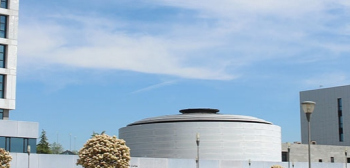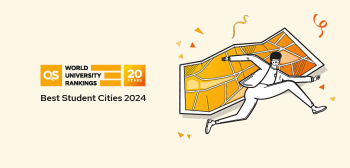瓦伦西亚大学
About
About
University highlights
- 2012#451- 500
- 2014#471-480
- 2015#501-550
- 2016#501-550
- 2017#551-600
- 2018#551-600
- 2019#561-570
- 2020#581-590
- 2021#591-600
- 2022#571-580
- 2023#571-580
- 2024#485
- 2025#=445
- 2026#=430
Campus locations
Blasco Ibañez Campus,
Av. Blasco Ibáñez, 13. , València , Spain , 46010
Burjassot-Paterna Campus,
Carrer del Dr. Moliner, 50 , València , Spain ,
Ontinyent Campus,
Av. del Comte de Torrefiel, 22 , València , Spain , 46870
Tarongers Campus,
Av. dels Tarongers, s/n , València , Spain , 46022
Similar Universities
卡斯蒂利亚 - 拉曼恰大学
Calle Altagracia 50, Ciudad Real
胡安卡洛斯国王大学
Calle del Tulipán, Móstoles - Madrid
ESCP Europe - Madrid
c/ Arroyofresno, 1, Madrid






















